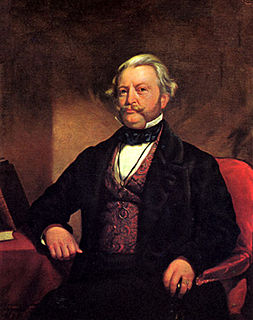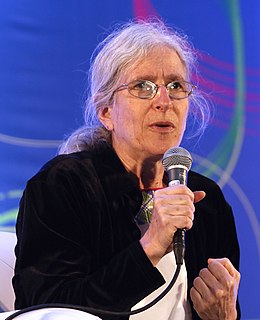A Quote by Jan Schakowsky
More than 180 countries around the world have ratified CEDAW, some with reservations. While the United States signed the treaty in 1981, it is one of the few countries that have not yet ratified it. As a global leader for human rights and equality, I believe our country should adopt this resolution and ratify the CEDAW treaty.
Related Quotes
We have not ratified The Convention on the Elimination of all forms of Discrimination Among Women. I think 194 countries have signed onto it, but the United States has not. And CEDAW to the United Nations is what the Equal Rights Amendment or the women's equality amendment is to the United States. I think we should pass the women's equality amendment and a lot of these other fights would go away.
It is a great problem for the true international agenda of human rights that the United States, uniquely among industrialised countries, has not ratified three main instruments, has not ratified the Covenant on Economic, Social and Cultural Rights, or the Convention on the Rights of the Child, or the Convention for the Elimination of Discrimination Against Women, and we could have so much richer a debate and dialogue on international human rights standards if the superpower would sign up to the agenda.
Back in 1956, we signed a treaty and surprisingly it was ratified both by the Supreme Soviet of the Soviet Union and the Japanese Parliament. But then Japan refused to implement it and after that the Soviet Union also, so to say, nullified all the agreements reached within the framework of the treaty.
It is the foremost responsibility of the United States, having been the predominant nuclear power, to take the lead in scaling this back and making good on its signed and sealed and ratified obligation in Article 6 of the non-proliferation treaty going back to '68 to eliminate this nuclear arsenal. That's a serious international obligation.
Relations between the United States and other countries, and our role as a global leader, are advanced by our willingness to help other countries in need. Foreign aid is essential to protecting U.S. interests around the world, and it is also a moral responsibility of the wealthiest, most powerful nation.
It’s notable that the countries that most pride themselves on their commitment to equality, human rights, and democracy (like the United States and the western European countries) are precisely those that, in the late twentieth century, invented a new status (‘illegal’) in order to deprive some of their residents of access to equality, human rights, and democracy.I am honored to lend my name to PICUM’s campaign to end the use of the term ‘illegal’ and to challenge the whole concept of illegality as a status.

































